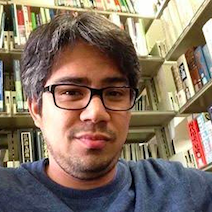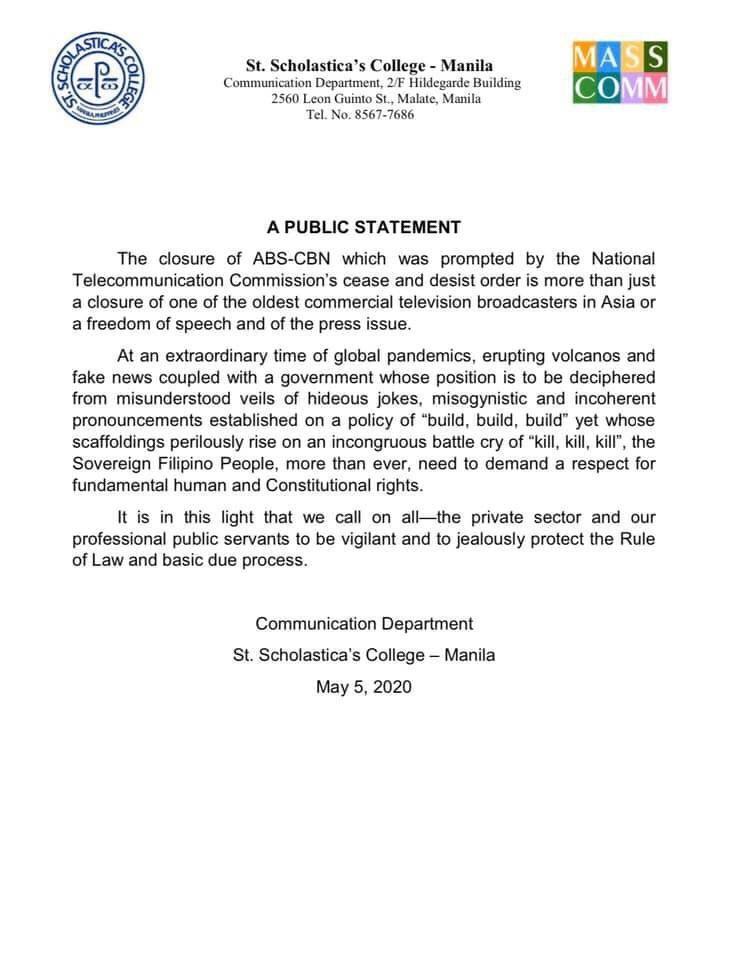
MANILA, Philippines– Last March 13, the Office of the Vice President (OVP), along with Kaya Natin! Movement, launched a donation drive to procure and provide personal protective equipment (PPE) and food and care packages for our COVID-19 frontline health workers.
Donations poured from private companies, big and small organizations, as well as ordinary individuals.
In the course of 5 weeks, the campaign has amassed around P57.2 million pesos, which is equivalent to 129,897 PPE sets and 15,534 food and care packages.

The Jesse M Robredo Foundation took on the role of repacking the care packages for our frontline workers. (READ: LIST: How to help healthcare workers, frontliners during coronavirus pandemic)
The packages contained basic necessities such as coffee, biscuits, wet wipes, soap, and vitamins. The bags also contained a letter of gratitude from Vice President Leni Robredo.
Aside from the donation drive, the OVP also led the #SulatNgPag-asa project wherein individuals send messages for our frontliners. These are printed and included in the care packages, hopefully bringing encouragement and joy to our heroes.

There were 5 of us in the team, sometimes 6 or 7 when our boss and our company drivers would lend a hand. We started the repacking efforts in the last week of March and finished with 2500 packages for the first batch.
Our first week was memorable. It was tedious work. None of us in the team has any experience with packing large amounts of goods in a day. We had to settle for an open space to make sure proper air circulation is maintained. We had to wear gloves and face masks the whole day regardless of how hot it was, and we had to carry around boxes after boxes, getting small bruises and cuts in random parts of our bodies.
The physical exhaustion was also coupled with our own personal anxieties and fears – about our own safety, our families’, and our country’s as well.
We constantly worry about how long this would last, how many more people would be struck by the virus and die, how long until people run out of food and money, and how it was that the government seems to focus on militarization instead of the fortification of our health sector. For every question unanswered, the darker our future looked.
Two days before we started the 2nd batch of repacking, however, we received an update from the OVP informing us that 2,300 packages have been distributed that same day covering around 15 hospitals.

It was a breath of fresh air, a bittersweet reminder that no matter how small the packages were, it still meant a lot to those who received them. (READ: Staying compassionate in the time of coronavirus)
The funds raised from the campaign were increasing every day, showing just how much Filipinos care about our frontline workers. With a newfound source of motivation, we continued on with our repacking efforts.
To date, our team has successfully repacked around 11,000 care packages. The OVP has already distributed 7,800 of them to numerous hospitals and communities all over the country as well.

In the course of 5 weeks since we started our repacking efforts, we have experienced fear and loss, but we have also experienced solidarity and teamwork– the true spirit of Bayanihan effort. (READ: [OPINION] Your volunteerism might inspire others to help during this pandemic)
Food and care packages are not just mere necessities inside a bag: they are a message of support, gratitude, and solidarity towards our frontline workers that with every minute they selflessly risk in fighting this pandemic, we stand as one with them.
While the journey is still long, we believe that the efforts we make today will greatly pave a path for a brighter future for our country. Padayon! – Rappler.com
Shane Belaro is a Program Associate for Local Governance at the Jesse M Robredo Foundation Inc. She graduated from the University of the Philippines–Diliman with a bachelor’s degree in Public Administration in 2018. She currently leads the implementation of a year–long training program for elected local government officials from different parts of the Philippines.













































